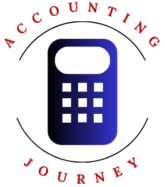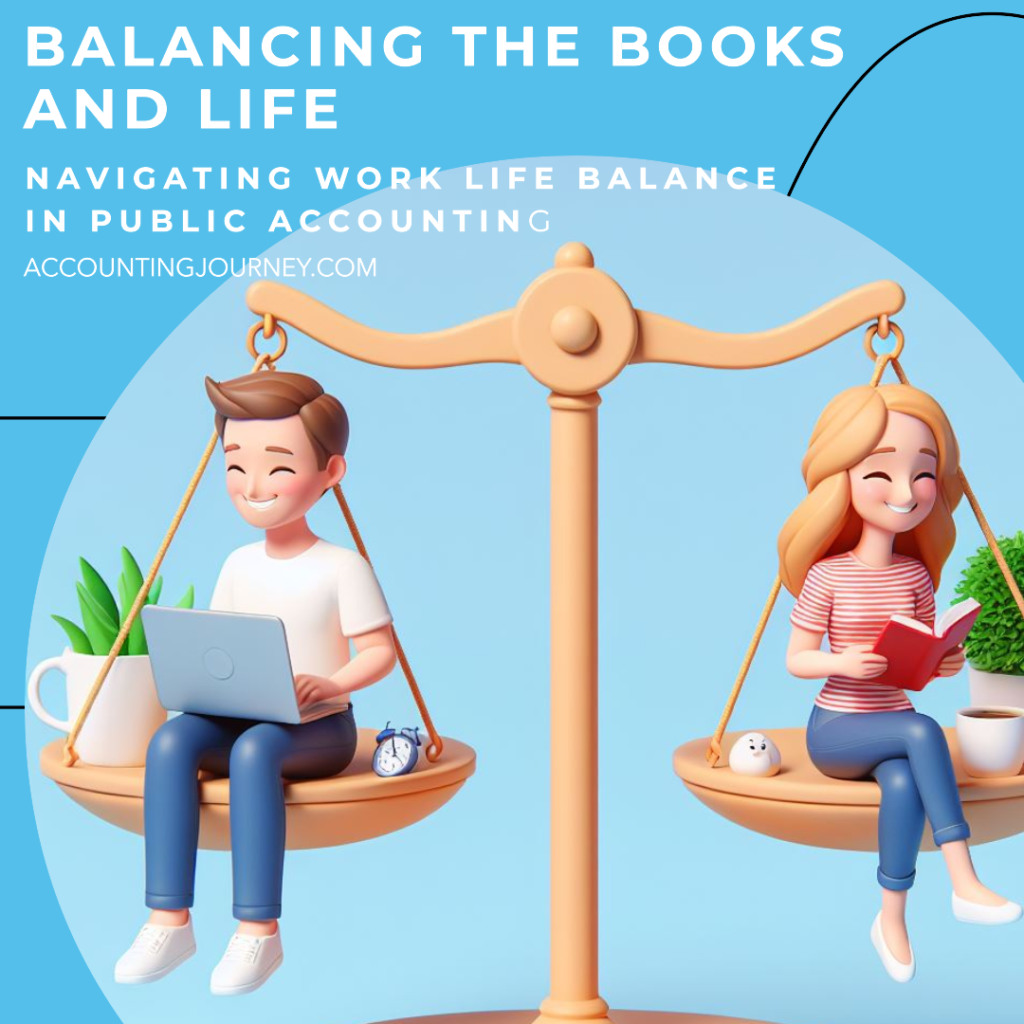Public accounting is a dynamic and rewarding field, but it’s no secret that it comes with its share of demands and challenges. Long hours, tight deadlines, and client expectations can make achieving work-life balance a significant undertaking. However, it’s not an impossible feat. In this comprehensive blog post, we will delve into the intricacies of work-life balance in public accounting, offering insights, strategies, and real-world advice to help you strike a harmonious equilibrium between your professional and personal life.
1. The Importance of Work-Life Balance in Public Accounting
Work-life balance is not just a buzzword; it’s a vital aspect of well-being and career satisfaction. Achieving balance is particularly crucial in public accounting, where professionals often face intense workloads, tight deadlines, and high-pressure situations. Maintaining equilibrium ensures that you can excel in your career while also enjoying a fulfilling personal life.
2. Challenges of Work-Life Balance in Public Accounting
Public accountants often grapple with several unique challenges when it comes to work-life balance:
Busy Season
The months leading up to tax deadlines and financial reporting periods can be incredibly demanding, requiring long hours and weekend work.
Client Expectations
Meeting client expectations for quick responses and high-quality work can lead to extended workdays.
Staffing Shortages
Firms may be understaffed, requiring existing employees to take on additional responsibilities.
3. Strategies for Achieving Work-Life Balance
Achieving work-life balance in public accounting requires a strategic approach. Here are some effective strategies to help you navigate the challenges:
a. Setting Boundaries and Managing Expectations
Communication is key. Set clear boundaries with clients and colleagues about when you’re available and when you need dedicated personal time. Managing expectations can help reduce stress and maintain balance.
b. Effective Time Management
Mastering time management is essential. Prioritize tasks, create to-do lists, and use time-tracking tools to maximize productivity during work hours, allowing more flexibility in your personal life.
c. Prioritizing Self-Care
Prioritize self-care, including exercise, relaxation, and social activities. Taking care of your physical and mental health is fundamental to maintaining balance.
d. Leveraging Technology
Leverage technology to streamline tasks and reduce time spent on administrative work. Automation tools and software can help increase efficiency.
e. Delegation and Team Collaboration
Don’t hesitate to delegate tasks when possible. Encourage collaboration within your team to distribute workloads more evenly.
4. Flexibility and Remote Work in Public Accounting
The advent of technology has introduced more flexibility in public accounting. Many firms now offer remote work options, which can significantly contribute to better work-life balance. Remote work allows you to structure your workday in a way that suits your personal life while still meeting professional obligations.
5. The Role of Firms in Promoting Work-Life Balance
Progressive accounting firms recognize the importance of work-life balance. They actively promote policies and initiatives aimed at supporting their employees in achieving balance. Look for firms that prioritize employee well-being and offer flexible schedules, wellness programs, and mentorship opportunities.
6. The Impact of Work-Life Balance on Career Progression
Contrary to the misconception that prioritizing work-life balance hinders career progression, professionals who manage their time effectively and maintain well-being are often more focused, motivated, and resilient, contributing positively to their careers.
Thriving in the World of Public Accounting
In conclusion, work-life balance in public accounting is an attainable goal with the right strategies, mindset, and support. While the demands of the profession are undeniable, mastering the art of balance allows you to thrive both professionally and personally.
By setting boundaries, managing expectations, mastering time management, and prioritizing self-care, you can navigate the challenges of public accounting while enjoying a fulfilling personal life. Embrace the opportunities for flexibility and remote work, and seek out firms that prioritize employee well-being. Remember that work-life balance is not a one-size-fits-all concept. It’s about finding what works best for you and creating a sustainable, harmonious life that allows you to excel in your career and savor the moments that matter most in your personal life.

